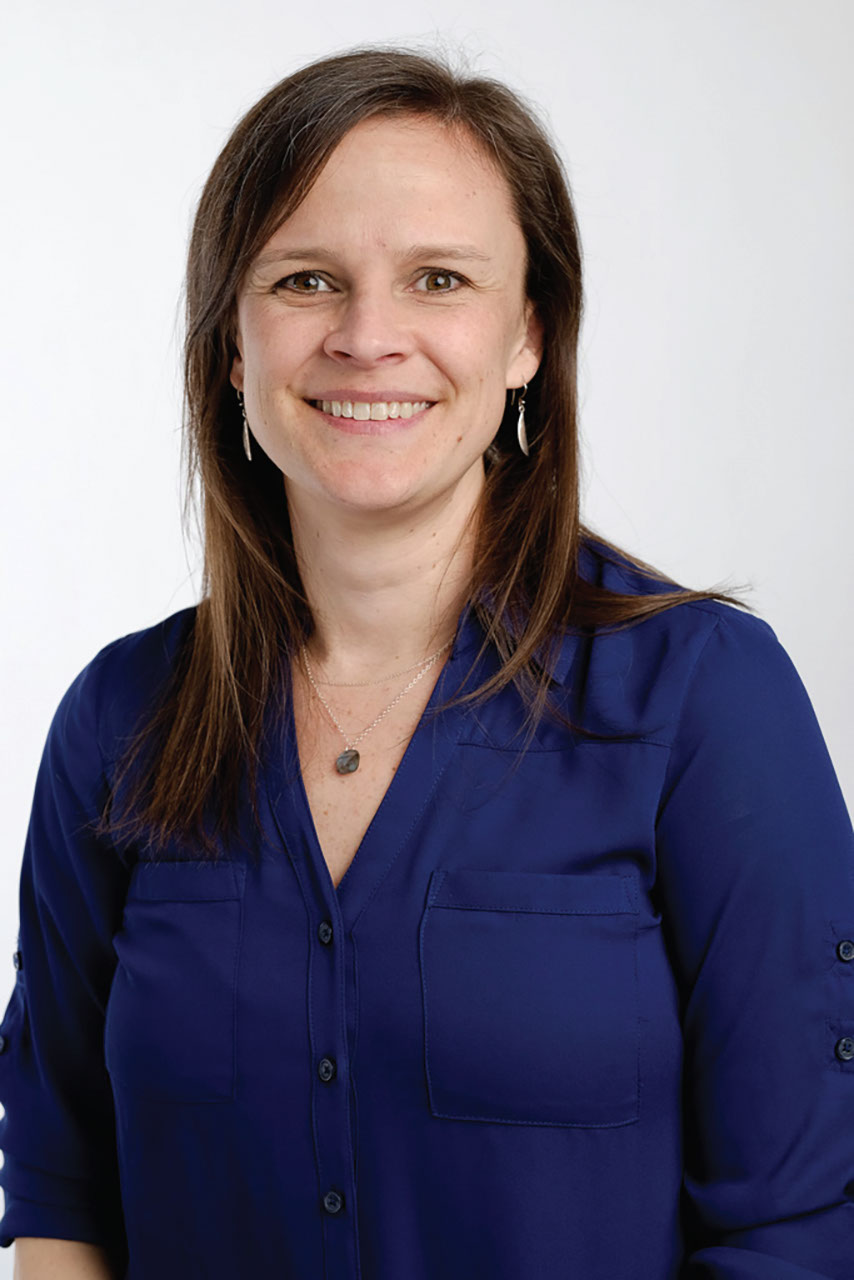Rare Cancer Advocacy Programs Help Patients Discover Resources and Make Connections
A cancer diagnosis can be difficult for any patient to receive, but a rare cancer diagnosis can put additional stress on a patient and their family. They may feel isolated and struggle to find accurate information on their diagnosis, which may be minimal because of limited funding and research. Rare cancer advocacy groups and programs offer critical patient support and empowerment, raise awareness, and initiate research for treatments.

Our mission at the Chordoma Foundation (https://www.chordomafoundation.org/) is to improve the lives of those affected by chordoma and lead the search for a cure. Annually worldwide, one in one million people are diagnosed with chordoma (https://www.cancer.gov/pediatric-adult-rare-tumor/rare-tumors/rare-bone-tumors/chordoma), a slow-growing cancer of tissue in the spine and skull base.
When I came on board, the Chordoma Foundation’s patient services were in their infancy, and I was tasked with growing them. I had an opportunity to build programs to help our community access the best care and lead the fullest lives possible. Some of our programs and resources for patients and survivors include:
- Patient navigation services: personalized, one-on-one assistance with information on the disease, treatment guidelines, and doctors who have expertise treating chordoma
- Chordoma Connections (https://community.chordomafoundation.org/home): a private, online community for patients, caregivers, survivors, and family members to ask questions, exchange information, and offer support
- Chordoma community conferences: the foundation’s annual meeting for people affected by chordoma
- Chordoma survivorship initiative: addresses survivors’ needs during and after treatment through information and resources on quality-of-life challenges, a peer matching program, and virtual support groups
The Chordoma Foundation helped to convene the Chordoma Global Consensus Group, a team of more than 60 doctors and chordoma experts around the world that developed the first evidence-based treatment guidelines (https://www.thelancet.com/journals/lanonc/article/PIIS1470-2045(14)71190-8/fulltext) for primary and recurrent chordoma and the guidelines’ updates (https://www.annalsofoncology.org/article/S0923-7534(19)32414-7/fulltext) two years later. The guidelines helped to increase providers’ awareness of chordoma and reduce inconsistent treatment approaches, enabling patients across the world to receive early, accurate diagnoses and appropriate treatment.
Our worldwide research community has accelerated the pace of clinical drug trials for patients with chordoma. Chordoma’s key vulnerability, a protein called brachyury, was identified through our partnerships with top research labs. Drugs targeting brachyury are within reach, presenting a rare opportunity for a curative therapy.
Patients with cancer, even if their disease has affected only a handful of others, should always have access to understandable and accurate information on their diagnosis during all stages of treatment. The ability to receive support and connect with others are important measures to help patients with rare cancers feel they are not alone. Oncology nurses can provide their patients with resources and additional information on patient advocacy programs and organizations for rare diagnoses like chordoma.
